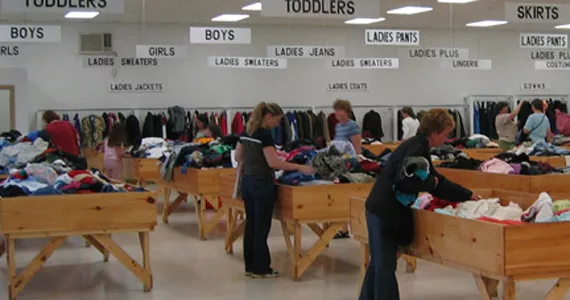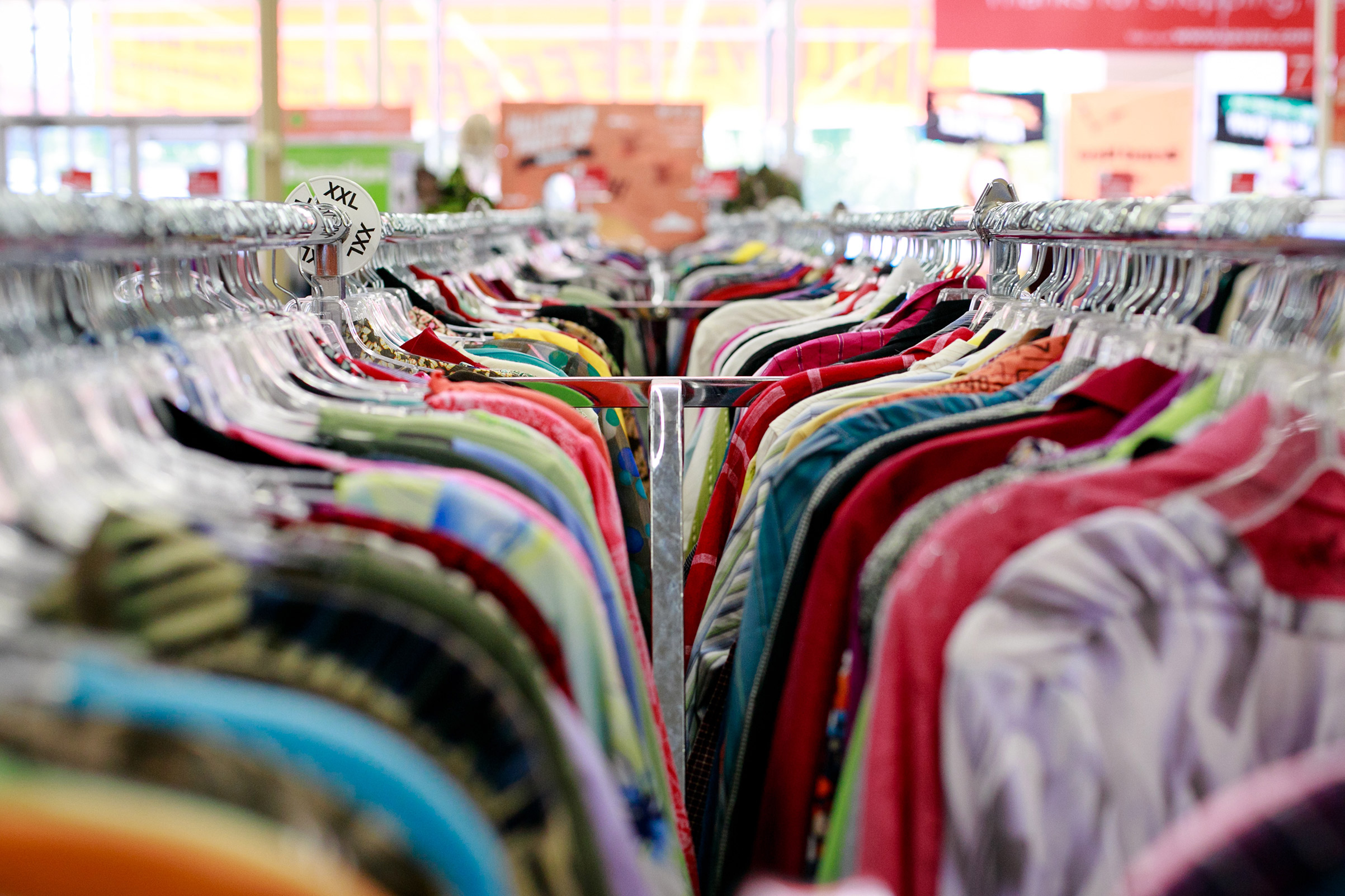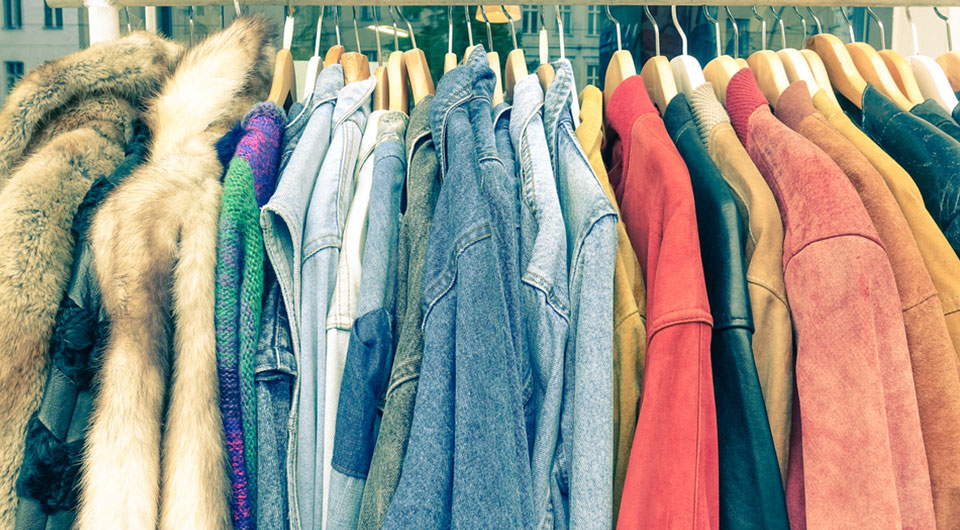

New to the Montclair scene as of May 2023, this spot has a huge selection of styles, from streetwear to vintage to Japanese designer and luxury accessories. Was this article helpful to you? Please tell us what you liked or didn't like in the comments below.A post shared by 2nd STREET USA Street USA is a second-hand clothing chain with origins in Japan. Unpaid Zara garment workers say they still haven't seen a cent Sexual assault, forced labor, wage theft: garment workers in Jordan suffer for US brands Sri Lanka: Kilinochchi garment workers denounce harsh working conditions Victoria's Secret, Slave Labor And So-Called "Free Trade" Report alleges Victoria's Secret linked to child labor Zara, Uniqlo, pick profit over human rights, fuel Uyghur forced labor 'Virtually entire' fashion industry complicit in Uighur forced labour, say rights groups 70,000 people demand that Armani and Primark reveal where they make their clothes Case study on Primark sustainability, ethics, supply chain. 'Women are devalued and demeaned' at Nike, two ex-employees say in lawsuit H&M factories in Myanmar employed 14-year-old workers Abuse is daily reality for female garment workers for Gap and H&M, says report 'Nightmare' conditions at Chinese factories where Hasbro and Disney toys are made Disney factory faces probe into sweatshop suicide claims JD Sports and Asos warehouses like 'dark satanic mills' Child refugees in Turkey making clothes for UK shops

Did a slave make your sneakers? The answer is: probably Forced and child labour in Uzbek cotton fields continues to fall Carter's Victory! Will Aeropostale, Forever 21, Urban Outfitters and Toys R Us Stop Forced Child Labor in Cotton? Revealed: women making clothes for west face sexual abuse No action as Argentina's illegal sweatshops flourish People being employed at very low wages for long hours (up to 100 hours a week) and under poor conditions shouldn't be a thing anymore. But the large majority of what's being covered in magazines isn't ethical.įashion brands producing goods for cheap and paying their workers next to nothing are numerous. More publications such as Vogue, Marie Claire, The Guardian, Glamour, and Eluxe cover sustainable fashion. The growing trend for sustainable fashion is a great thing. Progress has been made but it's not nearly enough. The fashion industry has a terrible social and environmental impact. People are still relying on garment factories to earn enough money for themselves and their families living in developing countries. It's easy to say that we should ban sweatshops altogether, but it's not an easy issue to solve. It's the more ethical choice we can make to lower the demand for cheap fast fashion and improve work conditions in garments factories.Īll farmers and workers across the supply chain should have access to living wages, normal working hours, skills training, healthcare, paid leaves, food service, and unions protecting their rights.Ĭhild labor and forced labor have no place in a developed and civilized society. Let's support companies that don't use sweatshops at all. We have to buy clothing from ethical brands promoting renewable energy, reducing water and chemical usage, using sustainable materials, and treating workers right. Unfortunately, many brands still employ sweatshops and fail to sufficiently consider the environmental impact of their products and manufacturing processes. But many fashion brands don't support environmental protection and animal rights as much as they should.Įvery company should work toward treating its employees and the environment better.

The impact of clothing production on the planet is disastrous. But many shocking issues and unseen problems remain as audits are conducted by people with no intimate knowledge of the factories. Many international fashion brands and retailers spend billions to audit their factories on corporate social responsibility. Many young women work in garments factories, being sexually abused, and forced to abort their pregnancy. Workers won't resist for fear of their contracts being terminated. Many factory workers are paid below the legal minimum wage, forced to work long hours in unsafe environments, don't have access to healthcare or paid leaves. Many clothing brands, sporting goods retailers, and high-street chains are still breaking the law when it comes to labor rights. Many governments have been trying to abolish human rights violations, but some sweatshops manage to run illegally.
#Second hand store clothes how to
Read up our guide on how to check if a fashion brand is ethical if you are having this issue. Clothing brands use these inhumane manufacturing methods to cheaply produce low-quality and disposable clothing for high-street stores.įor consumers that are new to ethical fashion, it's difficult to keep track of how and where your clothes are being made.


 0 kommentar(er)
0 kommentar(er)
